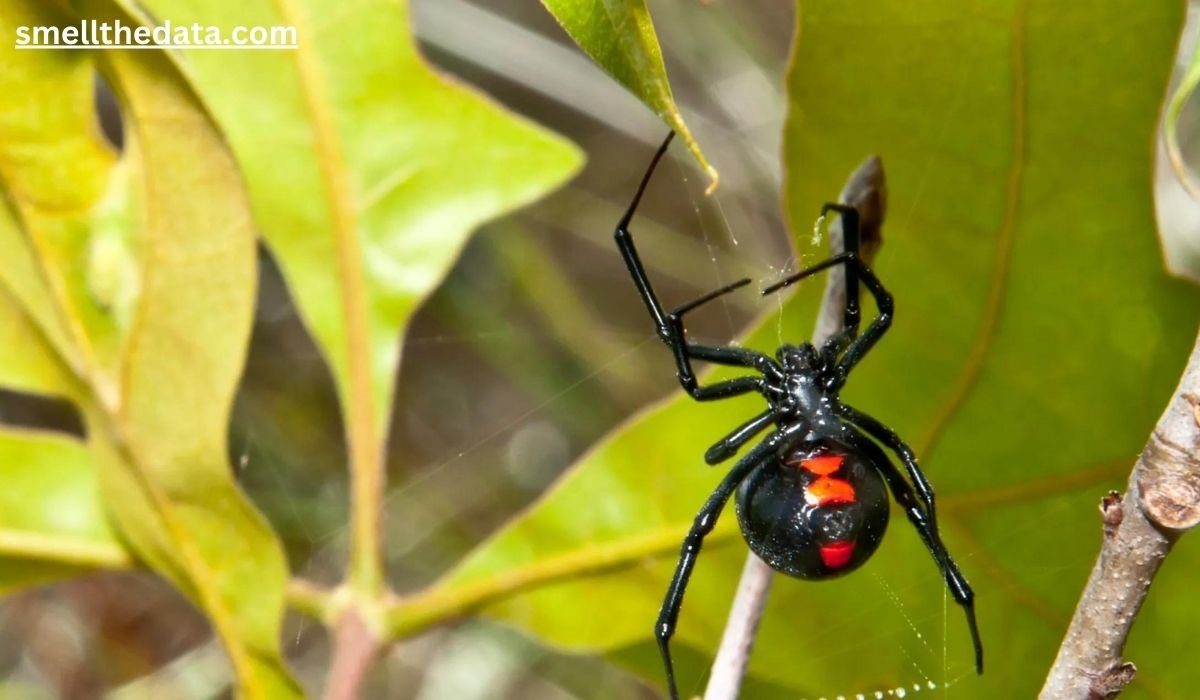Introduction
The Fear Factor: Why Black Widows Cause Concern
Black widow spiders are among the most notorious spiders, known for their potent venom and distinctive appearance. The fear of encountering a black widow is not unfounded, as their bites can cause significant health issues. However, before deciding to kill a black widow spider, it is crucial to understand both the dangers and the broader implications of such actions.
Venomous Bites and Their Effects
Black widow spiders are famous for their venom, which contains neurotoxins capable of causing severe pain and muscle cramps. In most cases, a bite results in localized pain, redness, and swelling. Severe reactions, while rare, can include systemic symptoms such as abdominal pain, nausea, and muscle spasms. Prompt medical treatment is essential for those who experience severe symptoms.
Common Misconceptions About Black Widows
Despite their reputation, not all black widow spiders are aggressive. They typically bite only in self-defense when accidentally provoked. Many people also misunderstand their danger, assuming that all spider bites from similar-looking species are black widow bites, which can lead to unnecessary fear.
The Dilemma: To Kill or Not to Kill
Deciding whether to kill a black widow spider involves weighing the risks and benefits. Understanding the spider’s role in the ecosystem and the potential consequences of extermination can help make an informed decision.
Understanding Black Widow Spiders
Characteristics and Identification
Physical Appearance and Behavior
Black widow spiders are recognized by their glossy black bodies and the red hourglass shape on their abdomens. Females are larger and more dangerous than males, which are smaller and less noticeable. Black widows are nocturnal and prefer dark, secluded areas.
Habitat Preferences
Black widows thrive in undisturbed environments such as woodpiles, sheds, basements, and crawl spaces. They create irregular webs in these hidden locations, where they wait for prey to become entangled.
Ecological Role
Benefits of Black Widows in the Ecosystem
Black widow spiders play a beneficial role in controlling pest populations. They primarily feed on insects and other small arthropods, helping to keep these populations in check. Their presence contributes to a balanced ecosystem by controlling potential pest outbreaks.
Pest Control and Balance
By preying on insects, black widows help manage the populations of potential crop pests and disease vectors. Their natural pest control abilities are valuable in maintaining ecological balance and reducing the need for chemical pesticides.
The Risks of Killing a Black Widow
Accidental Injury
Potential for Bites During Handling or Extermination
Attempting to kill a black widow spider can lead to accidental bites if proper precautions are not taken. The spider may bite defensively when threatened, leading to potential health risks for the person handling it.
Safety Precautions and Recommendations
If you decide to handle or exterminate a black widow, wear protective gloves and use tools to avoid direct contact. Ensure that the area is well-ventilated and consider using professional pest control services if the risk is significant.
Disturbing the Ecosystem
Impact on the Natural Balance of the Area
Killing black widow spiders can disrupt the local ecosystem. Removing these spiders may lead to an increase in the populations of their prey, potentially causing imbalances that affect other species and the overall health of the environment.
Potential for Increased Pest Populations
Without black widows to control them, pest populations might grow unchecked. This could lead to more significant pest problems in the future, counteracting any short-term benefits from eliminating the spiders.
Alternatives to Killing
Relocation Methods
Safely Capturing and Transporting Black Widows
Instead of killing black widows, consider safely relocating them. Use a jar or container and a piece of paper to gently capture the spider. Once captured, release it far from your home in a suitable environment, such as a wooded area.
Suitable Release Locations
When relocating a black widow, choose a location that provides shelter and food sources. Avoid releasing the spider near homes or areas where it might become a problem for others. Proper release ensures the spider can continue its ecological role without causing harm to people.
Pest Control Professionals
Hiring Experts for Safe and Effective Removal
Professional pest control services can manage black widow infestations safely and effectively. Experts are trained to handle spiders and other pests, reducing the risks associated with DIY removal and ensuring proper extermination techniques.
Cost and Benefits of Professional Services
While hiring pest control professionals involves a cost, it provides several benefits, including effective removal, safety from bites, and advice on preventing future infestations. The investment can be worthwhile for those dealing with significant pest problems.
When to Consider Extermination
Safety Concerns
Situations Where Extermination May Be Necessary
Extermination may be necessary if black widow spiders pose a direct threat to the safety of children, pets, or individuals with health concerns. If multiple spiders are found or if there are signs of a large infestation, professional removal might be the best course of action.
Protecting Children, Pets, and Vulnerable Individuals
Ensuring the safety of vulnerable individuals is a priority. If black widow spiders are found in areas frequented by children or pets, taking action to remove them can prevent potential bites and health issues.
Infestations and Repeated Sightings
Signs of a Larger Problem and Potential Risks
Frequent sightings of black widows or their webs may indicate an infestation. In such cases, addressing the problem promptly is crucial to prevent further issues and ensure that the infestation does not escalate.
Prevention Tips
Creating an Unfriendly Environment
Reducing Hiding Places and Food Sources
Minimize the chances of black widows settling in your home by eliminating potential hiding places. Keep areas clean and free of clutter, and remove food sources that might attract insects, which serve as prey for spiders.
Sealing Cracks and Crevices
Seal cracks and crevices around your home to prevent spiders from entering. Ensure that windows, doors, and vents are properly sealed to keep black widows and other pests out.
Regular Inspections
Checking for Spiders and Webs
Regularly inspect your home for signs of spiders and their webs. Early detection allows for timely action and prevents potential infestations from becoming more severe.
Early Detection and Prevention
Being proactive about spider control can help prevent problems before they escalate. Regular inspections and maintenance can reduce the likelihood of encountering black widows and other pests.
You May Also Like: Fragrant Brew Used in Traditional Medicine: A Herbal Guide
Conclusion
Deciding whether to kill a black widow spider involves careful consideration of the risks and benefits. While these spiders can pose health risks, they also play a crucial role in the ecosystem. Understanding their role, potential risks of killing, and exploring alternatives can help you make an informed decision.
Balancing safety with ecological impact is essential. In many cases, relocation or professional pest control can address concerns without harming the environment. By taking preventive measures and addressing infestations responsibly, you can ensure a safe and balanced approach to dealing with black widow spiders.
FAQs
1. Should I kill a black widow spider if I find one in my home?
Killing a black widow spider is a personal decision. Consider the risks and benefits: while they can be dangerous, they also play a role in pest control.
2. What are the risks of killing a black widow spider?
Killing a black widow can lead to accidental bites and disrupt the local ecosystem. Proper precautions and considering alternatives are recommended.
3. How can I safely remove a black widow spider from my home?
To safely remove a black widow, use a jar to capture it and then release it far from your home. Alternatively, hire a professional pest control service.
4. What should I do if I have a black widow infestation?
If you have an infestation, consider professional pest control services. They can handle the problem safely and effectively, reducing the risk of bites.
5. How can I prevent black widow spiders from entering my home?
Prevent black widows by sealing cracks, reducing clutter, and eliminating food sources. Regular inspections can also help detect and address issues early.











